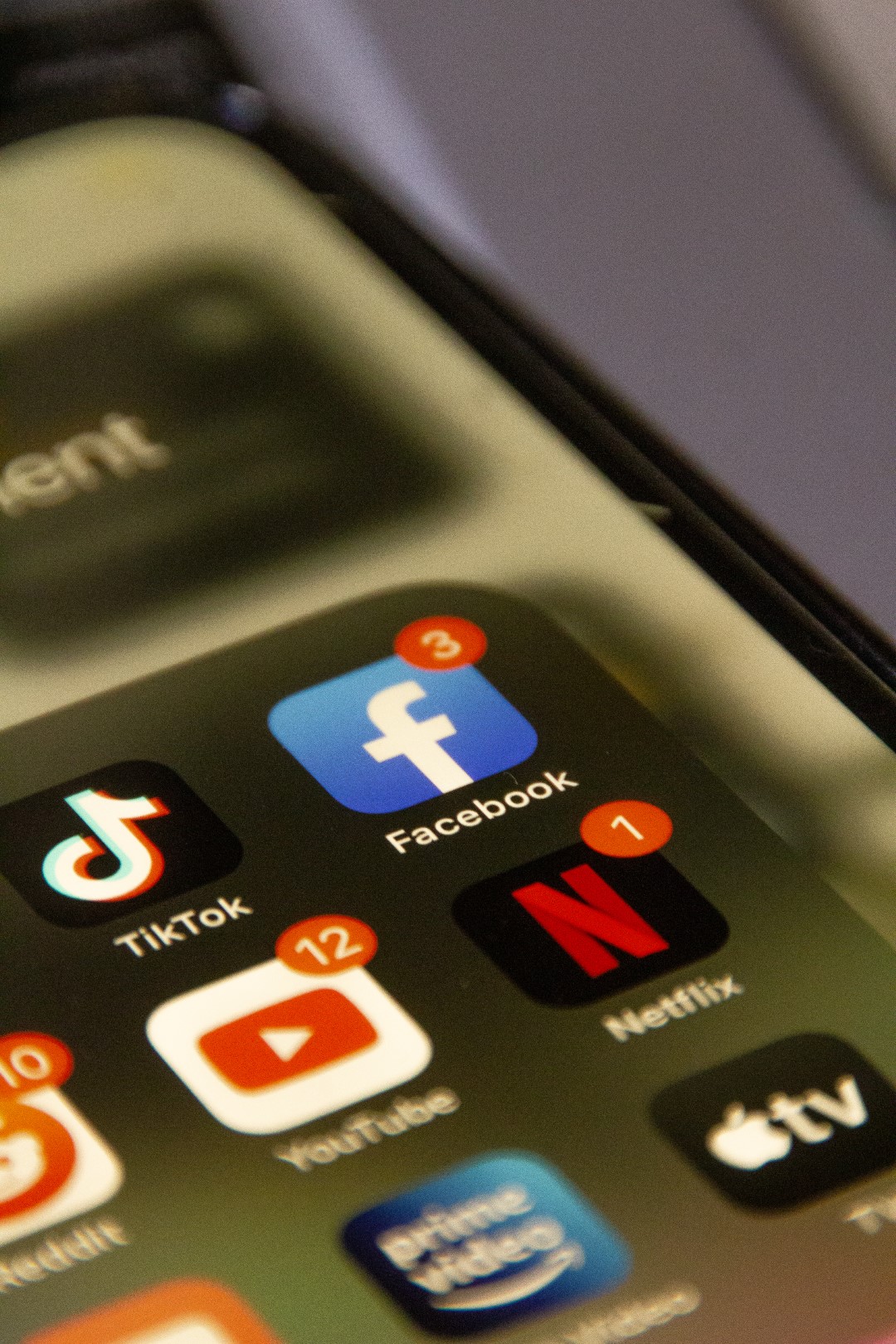
Twitter jumps on the paid subscription bandwagon
By CJ Sommerfeld, Staff Writer
Will these paid subscriptions not further encourage the perpetuation of these false, curated, for the ‘gram lives?
Twitter has announced a paid subscription option for their users titled Super Follows. In brief, users will pay a monthly fee to receive exclusive content from individual accounts. Does this not beg the question: what are these tweeters going to do to harness subscribers? If the number of subscribers (and essentially income) depends on the quality of one’s tweets, what is going to be done to achieve subscriptions? Will this not further perpetuate the already-ridiculous for the ‘gram mindset? Not to mention, is this not further digitizing our currently over-digitized lives?
Monetization of one’s posts is not a business model unique to Twitter. While it is relatively new, YouTube, Instagram, and Facebook have also made similar moves. And then, of course, there is OnlyFans. For those who have not heard of the platform, its entire business model is based on paid subscriptions to individual accounts similar to Twitter’s new Super Follows—except OnlyFans’ original content adheres mostly to the NSFW variety.
Now what does this all mean for the future of social media? To be fair, I am partial to the idea of monetizing one’s posts. Frankly, half of us spend way too much time and energy on social media anyways, and part of me has always thought, “Why not get paid for it?” These people who post an essay’s worth of responses or posts, or others who have spent hours editing some photo might as well get paid. Facebook has said that they want to give opportunity to writers and journalists to make money from their writing through these new paid-subscription options and sure, this might be a great resume-free freelance opportunity. But there is also another side to the coin.
We have all seen how far YouTubers, Insta-influencers, and other social media personalities have gone to gain followers and likes before these paid subscriptions were in the picture. We have also seen the mental health and life-taking, among other detriments, of doing so. One of the most irritating things I find with social media is the ingenuity of it all. And it makes sense, if posting an idealized version of oneself or one’s lifestyle is going to gain online popularity (which I am assuming is the goal), then so be it; that is what these people will do. The scary thing I think about is will the bar for these posts not be raised if a publisher wants others to pay to see something that they were previously receiving for free? Will these paid subscriptions not further encourage the perpetuation of these false, curated, for the ‘gram lives?
Which brings me to my next point. In essentially providing jobs that are encouraging more time to be spent in this false online universe, are we not further paving the path to an entirely digitized life? At what point do we differentiate our online world from that in real life? What about relationships? In an episode of Netflix series Pretend It’s a City, humorist and writer Fran Lebowitz discussed how the internet world has changed how we now define different concepts. One definition she brought up was friends: “There are people who call people friends who they’ve never met.” She relays an argument which she had had previously, deciding whether relationships which only exist online would be considered friends. Lebowitz acknowledges that this definition has skewed from its original meaning, “to them, they are [friends].” What other definitions will change in the future due to how they have been restructured online? And what other words will come about; let’s remember that “selfie” was not a word ten years ago.
Monetizing one’s posts will of course be financially beneficial for those creating them. But what will this exclusive content consist of? How will it change from that which we have been receiving for free all these years? Are these new monetization models not further moving us out of this world and into the largely ingenuine and idealized social media world? Not to mention, how much more of our lives will be digitized till that becomes a permanent reality?
The upside for those who similarly see this resulting in destruction (and do not use a VPN), is that most of these paid subscription services will only be available in the United States—for the time being, that is.


